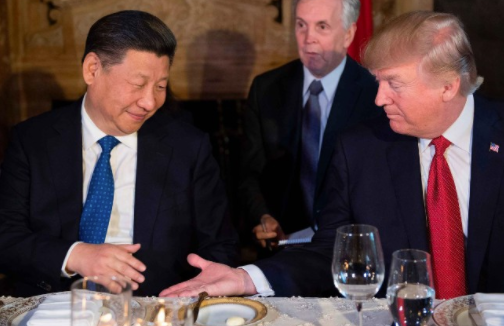According to analysts at the firm

They view that the actions announced by the US following the Section 301 investigation came in below their expectations, and that they do not see trade tensions escalating quite as high as previously assumed.
"Importantly, all of these actions have significant implementation lags. The earliest the tariffs would take effect would be a month and a half from now, although it could be significantly later as US Trade Representative will take time to review and analyze public comments. The WTO dispute and investment restrictions both have mandatory 60-day reporting periods, but no mandatory action within that time frame", Nomura says.
With regards to NAFTA, they say that recent developments show some softening in the US position but they still view the chances of the US withdrawing from the negotiations at 40%.
Adding both together, they say that trade risks remain a key point of concern for economic outlook. But that weaker steel and aluminium tariffs (I'm assuming they mean exemptions here), softer than expected trade action against China, and a slightly better outlook for NAFTA means that trade tensions are not quite as high as they presume it would be before the announcement was made.
Messy stuff, but it's good to take a step back and analyse things from time to time and this piece has a good point. The trade actions by the US against China will have quite some time before it plays out. The US will still have to go through a couple of processes and even seek industry feedback on the matter before going through with the targeted tariffs.
That does open up some time for the US and China to actually seek a better solution, but something's gotta give for that to happen. It's either Trump backs down and lets his ego get bruised or China folds and becomes the little kid who thought he could rule the playground.
It doesn't look pretty, but today's reaction to the trade war rhetoric could start to grow weary if it drags on for too long.



